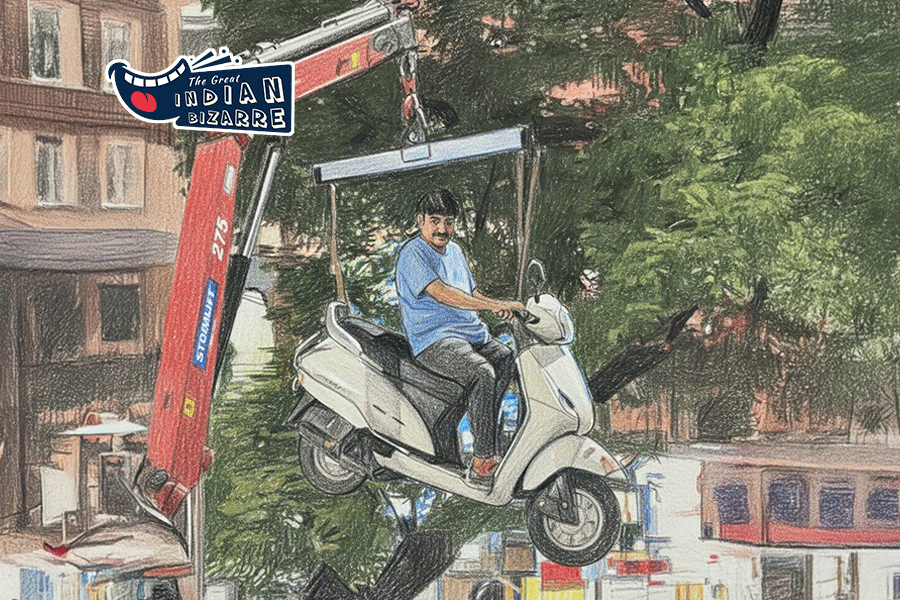Patna, Jan. 27: The state still has a long road ahead if it wants to match the sanitation management levels in the leading states of the country, said Kamal Kar, renowned agriculture scientist.
Kar, pioneer of Community Led Total Sanitation (CLTS) — a grassroots approach to development that has been applied in third world countries by the United Nations and several international non-governmental organisations — was addressing a daylong workshop on community sanitisation, organised by the public health engineering department (PHED) in the state capital today.
“It is a matter of concern that even as the country is celebrating its 62nd Republic Day, 60 crore people are still defecating in the open every day. Of this seven crore people are in Bihar. It is not that governments at state and at the Centre have done nothing about it. But no initiative so far has had much impact because these initiatives do not have a community basis. These are mostly forced on the community. CLTS, on the other hand, advocates community participation to tackle issues like this,” said Kar.
Kar also said Bihar is among the slow-picker states because of various reasons.
“The current sanitation coverage in the state is less than 25 per cent. Open defecation is the most preferred option in villages cutting across caste, gender and social status. Most of the rural households in Bihar are at the bottom of the sanitation ladder. CLTS is one approach to solve the sanitation problem,” he said.
He added lakhs of children die every year because of diseases like diarrhoea that occur because of poor sanitation at rural and urban levels.
“Providing toilets to few households in every village is not a solution. Governments have been doing it and have realised that it does not work. Things will not improve until every single person in a village or a city adopts the healthy habit of using a toilet. Low-cost sanitation programmes and changing the mindset of communities are the real solutions. Only local community leaders can bring about the necessary changes,” Kar added.
PHED minister Chandra Mohan Rai said in the last two years, some districts, including Vaishali, Muzaffarpur, Katihar, had performed well to improve the sanitation condition but overall the situation remains grim.
“The challenge is to make the state free from open defecation. The experience from other states shows that community participation is the key to sanitation improvement. Our government is keen to adopt successful CLTS programme by targeting communities and households in rural areas for sustainable hygiene behaviour change,” he said.











